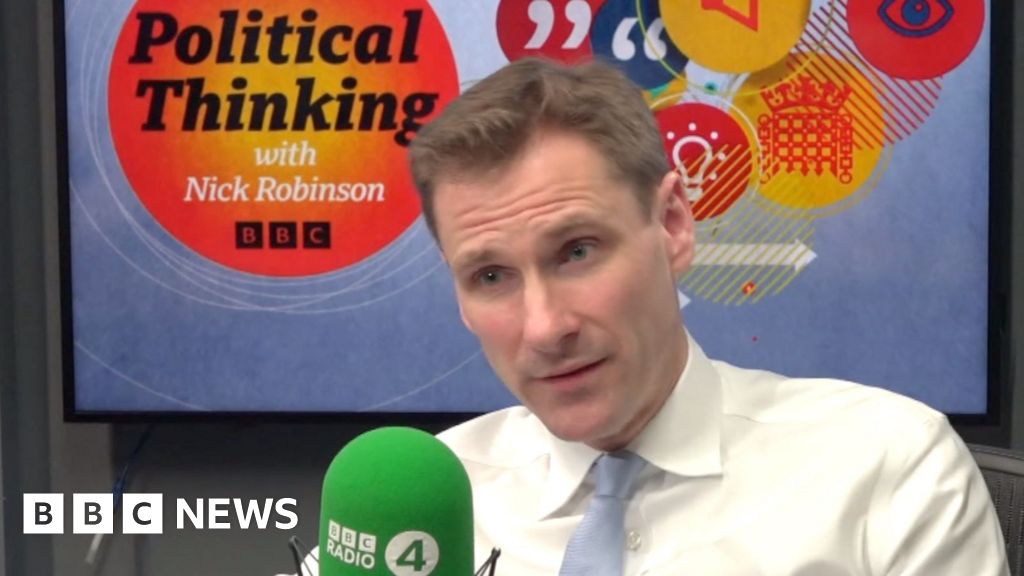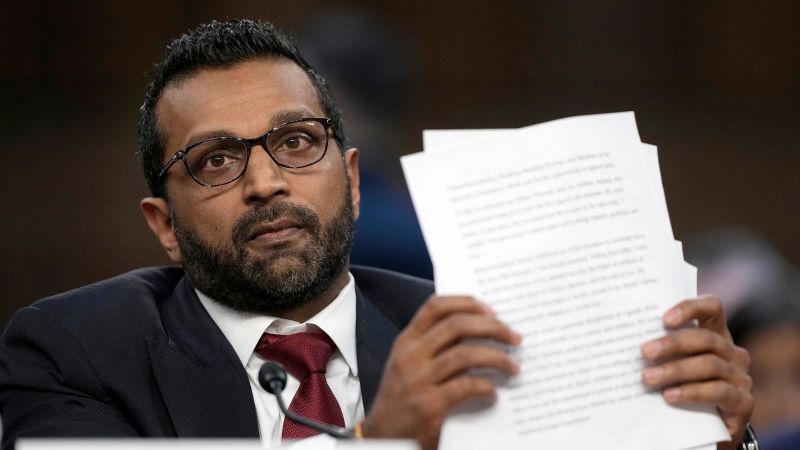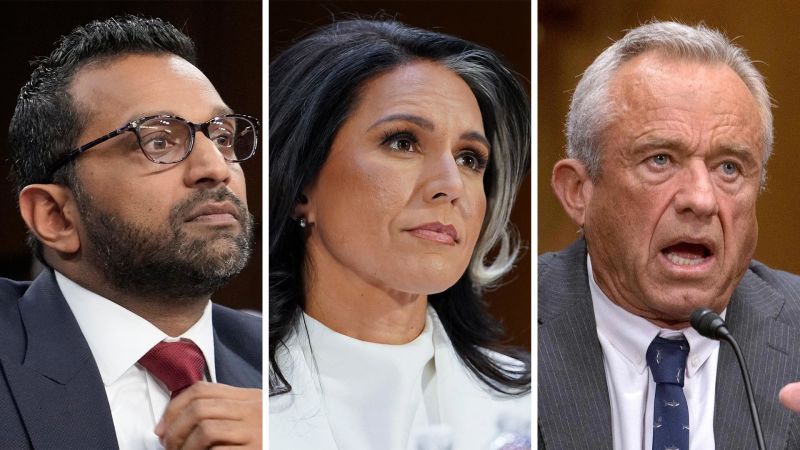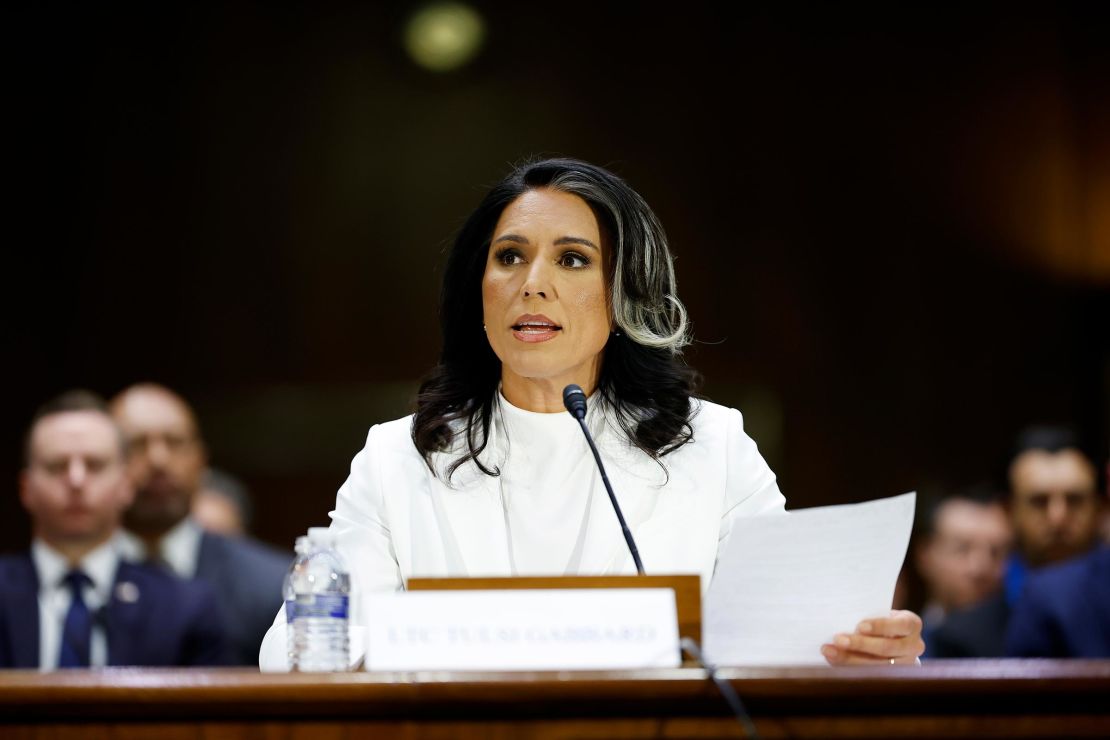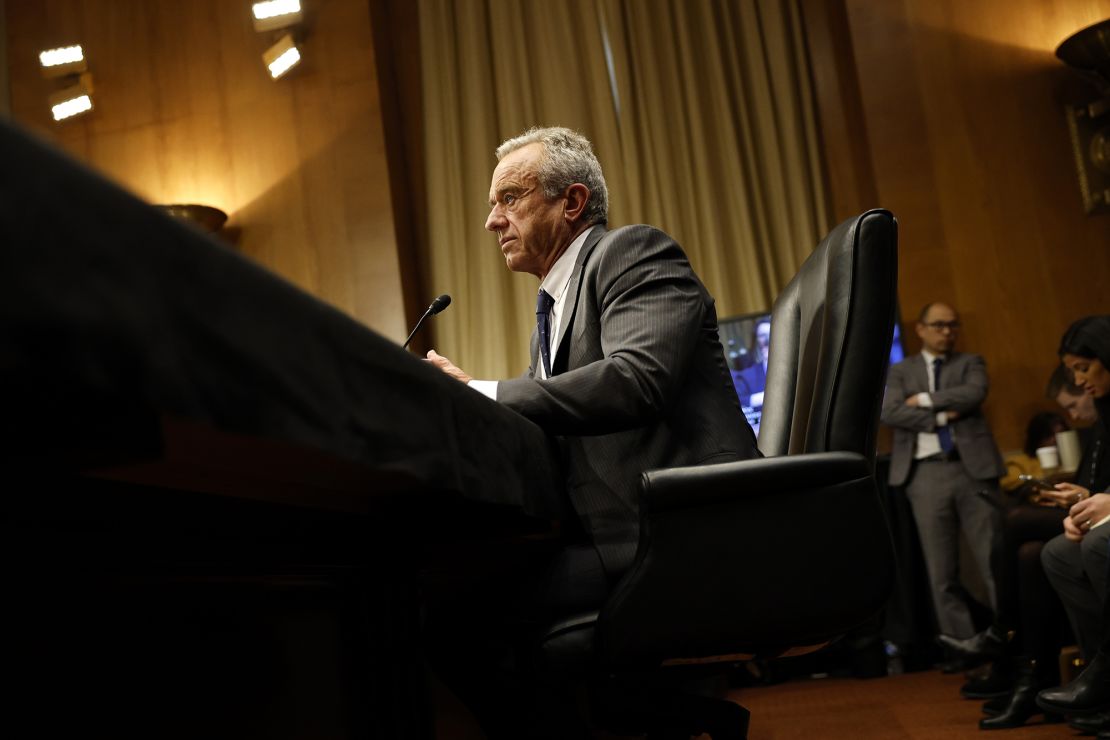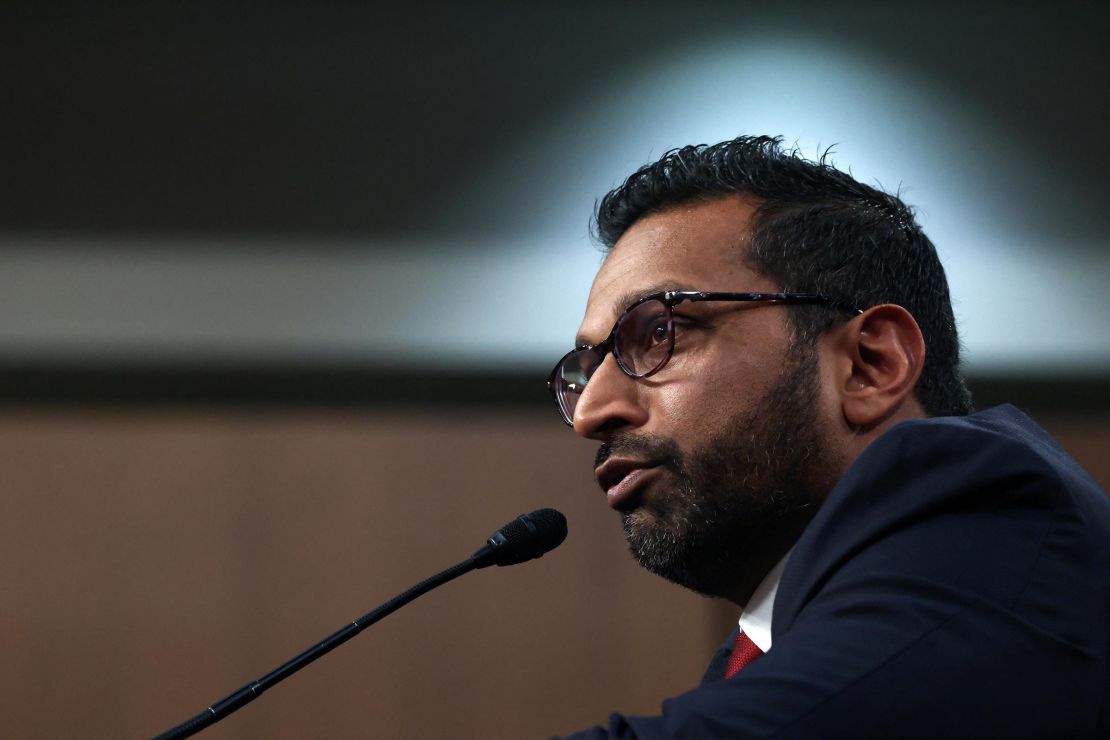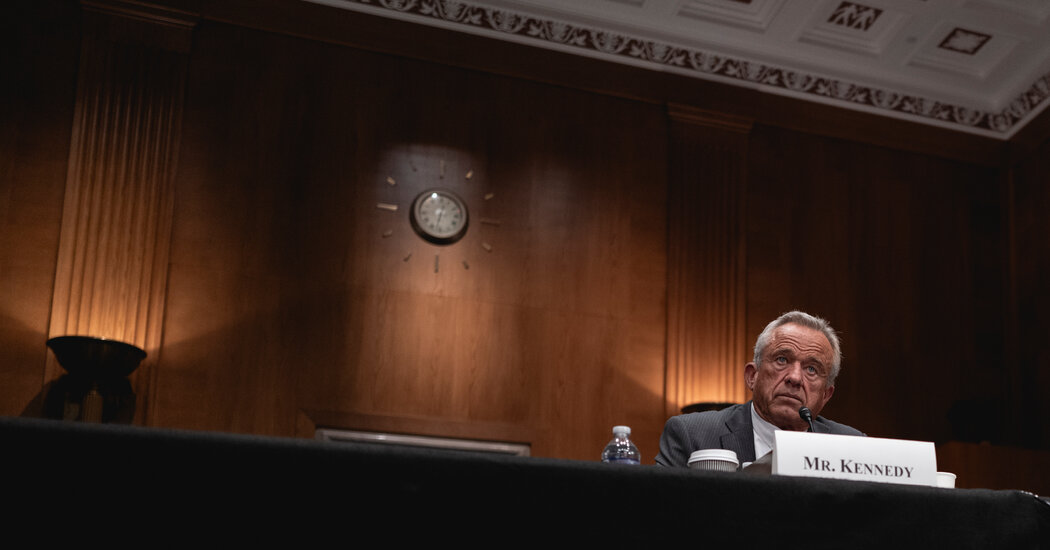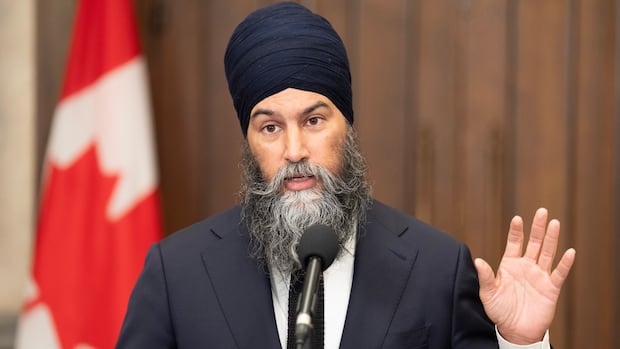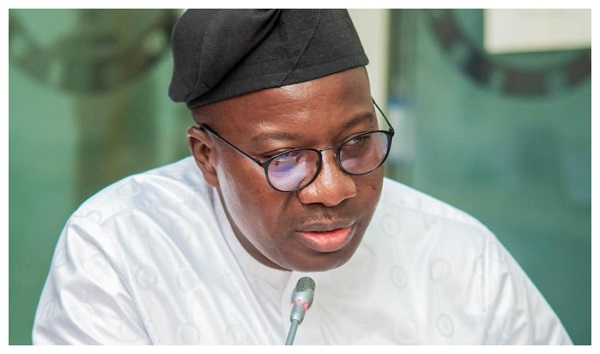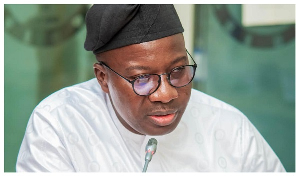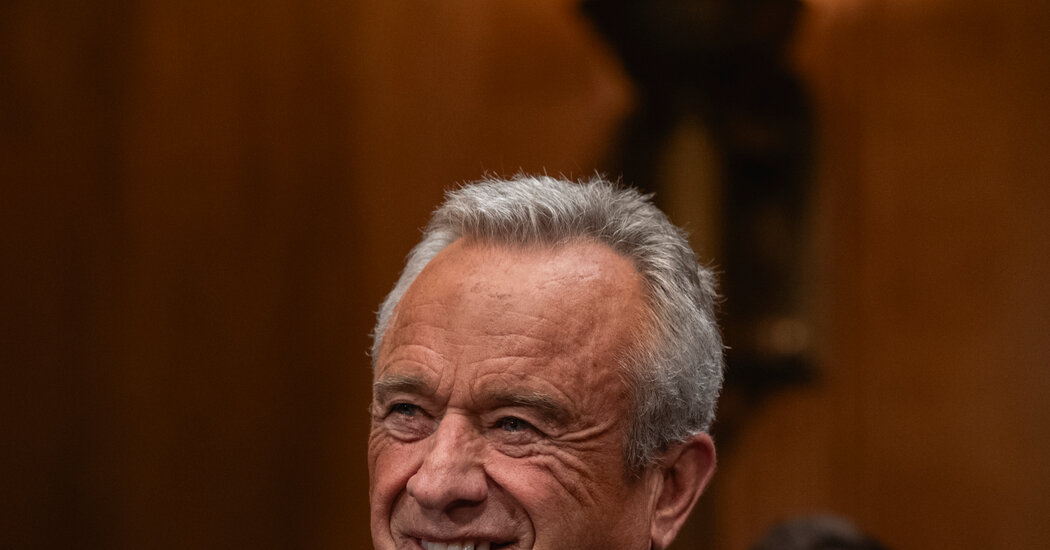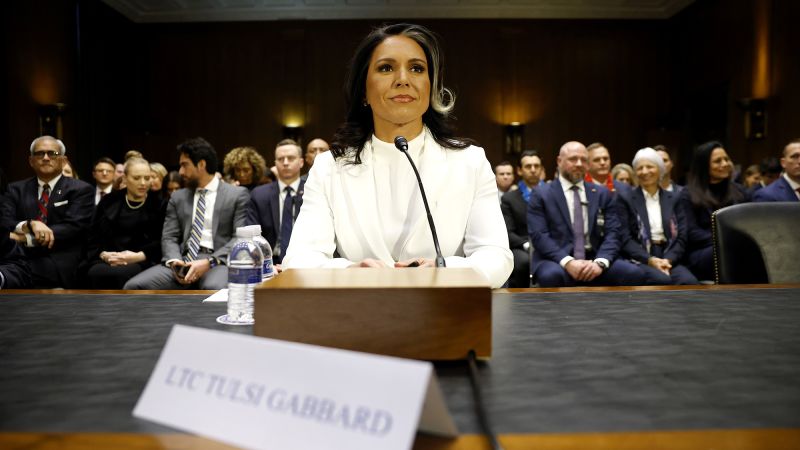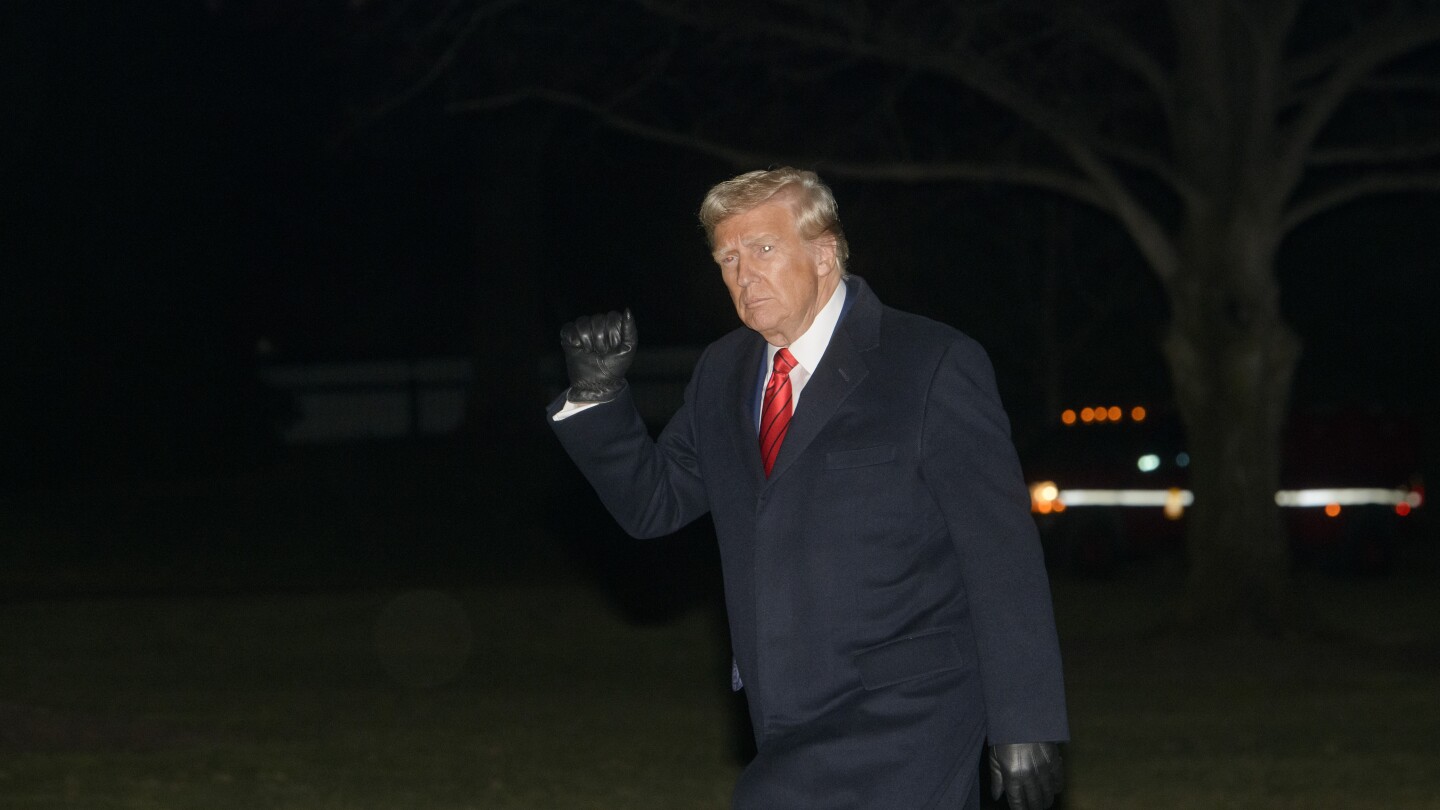Washington
CNN
—
Three of President Donald Trump’s most controversial nominees faced sharp questions in the Senate during hearings Thursday from Democrats as well as several Republican senators in what amounted to the most direct skepticism from GOP senators over Trump’s nominees to date.
Robert F. Kennedy Jr., Trump’s pick to be Health and Human Services secretary, was pressed on his views on vaccines by GOP Sen. Bill Cassidy of Louisiana, who said he had “reservations” about Kennedy’s past positions on vaccine safety.
And Tulsi Gabbard, who has been tapped to be the director of national intelligence, faced questions from several Republicans about her views on Russian aggression, US government surveillance and NSA leaker Edward Snowden.
Asked multiple times by senators in both parties whether Snowden was a “traitor,” Gabbard said repeatedly that he broke the law – but she would not directly say whether he was a traitor.
Kash Patel, Trump’s nominee to be FBI director, had numerous heated exchanges with Democrats during his hearing Thursday over his past comments about going after Trump’s perceived “deep state” enemies. But Patel found a largely friendly audience among Republicans on the Judiciary Committee, signaling his confirmation is on firmer ground.
If all Democrats oppose Trump’s nominees, they can only afford to lose three GOP senators on the floor to win confirmation. But Gabbard’s nomination could be in danger of not making it that far – as it would only take one Republican to block her nomination in the Senate Intelligence Committee if all Democrats on the panel oppose her.
Trump’s allies mounted a significant pressure campaign against on-the-fence Republicans to get Defense Secretary Pete Hegseth’s confirmation over the finish line, and similar campaigns have been promised toward GOP senators if they oppose any more Trump nominees, such as Gabbard or Kennedy.
Here are takeaways from a consequential day of Senate confirmation hearings:
As a Democrat in Congress in 2020, Gabbard introduced legislation supporting Snowden, who leaked a massive trove of classified NSA secrets during the Obama administration. It’s a position that put her directly at odds with senators on the Intelligence Committee from both parties.
Gabbard was pressed by both Republicans and Democrats about Snowden on Thursday, asked repeatedly whether she believed he was a traitor and whether he betrayed his oath.
Repeatedly, Gabbard defaulted to an answer that Snowden had “broken the law,” but she declined to say whether his actions amounted to treason.
Sen. James Lankford, an Oklahoma Republican, asked Gabbard the question twice after the DNI nominee didn’t respond directly the first time.
“Was he a traitor at the time when he took America’s secrets, released them in public and then ran to China and became a Russian citizen?” Lankford eventually asked, in a lengthy line of questioning that described the feelings of members of the intelligence community.
“I’m focused on the future and how we can prevent something like this from happening again,” Gabbard said.
Sen. Michael Bennet, a Colorado Democrat, took up Lankford’s line of questioning and repeatedly pressed Gabbard for a yes-or-no answer.
“Is Edward Snowden a traitor to the United States of America?” Bennet asked.
“Senator, as someone who has served …” she began.
Bennet, who appeared angry, interrupted and demanded a yes-or-no answer again.
“I understand how critical our national security is …” Gabbard responded, once again refusing to answer.
That wasn’t the only instance where Republicans questioned Gabbard’s views during Thursday’s public hearing. Sen. Jim Moran, a Kansas Republican, told Gabbard he wanted to make certain “that in no way does Russia get a pass in either your mind or your heart or in any policy recommendation you would make or not make.”
“Senator, I’m offended by the question,” Gabbard responded, saying that “no country, group or individual will get a pass” in her providing a full intelligence picture to the president.
Moran responded that it was the answer he was looking for, but the exchange underscored the GOP unease about her leading the intelligence community.
Lankford told reporters later Thursday that he was “kind of surprised” by Gabbard’s response about Snowden and warned that it raised “a lot of questions.”
“I thought that was going to be an easy softball question, actually,” he said.
Pressed on if that is problematic for her confirmation, Lankford replied, “I think there were a lot of questions after it, yes.”
Republican Sen. Todd Young, who also sits on the committee and had pressed Gabbard on Snowden, did not say whether he would back Gabbard’s confirmation. Instead, he told reporters, “I think I’ve got, for now at least, all the information I need.”
Kennedy appeared Thursday for his second day of confirmation hearings before the Senate Health, Education, Labor and Pensions Committee, following Wednesday’s hearing in the Senate Finance Committee.
Cassidy, the Louisiana Republican who chairs the HELP committee, began Thursday’s hearing addressing his concerns about Kennedy’s vaccine skepticism.
“It’s no secret, I have some reservations about your past positions on vaccines and a couple other issues,” Cassidy said. “Your past of undermining confidence in vaccines with unfounded or misleading arguments concerns me. Can I trust that that is now in the past? Can data and information change your opinion or will you only look for data supporting a predetermined conclusion?”
The stark comments suggest that Cassidy, a Republican who practiced medicine for 30 years, could be the senator who stalls Kennedy’s nomination to lead HHS.
Cassidy acknowledged that Kennedy is now trying to downplay his anti-vaccine rhetoric despite an extensive, recorded history of his linking vaccines to autism in children, but said that change doesn’t go far enough.
During his line of questioning, Cassidy asked Kennedy if he will reassure mothers unequivocally that the measles and hepatitis B vaccines do not cause autism.
“If the data is there,” Kennedy responded.
That answer did not satisfy Cassidy: “I know the data is there.”
Thursday’s hearing also included, like Kennedy’s first hearing, several notable exchanges between Kennedy and Democrats on the committee.
In a personal and impassioned statement, Sen. Maggie Hassan, a New Hampshire Democrat, revealed her own struggle with her son’s health and the fears she had about Kennedy’s continuing questioning of what has been settled science on vaccines.
Hassan told the committee that her son, who is 36 years old, has cerebral palsy and that she has agonized over what caused his condition for decades at times relitigating in her mind every action she took in her own pregnancy. She pleaded with Kennedy to see the harm he does when he churns up questions about settled science for parents grappling with their own children’s conditions.
“Please do not suggest that anybody in this body of either political party doesn’t want to know what the cause of autism is. Do you know how many friends I have with children who have autism?” Hassan continued. “The problem with this witness’s response on the autism cause and the relationship to vaccines is because he is re-litigating and churning settled science so we cannot go forward and find out what the cause of autism is and treat these kids and help these families.”
During Patel’s hearing in the Senate Judiciary Committee, Democrats pushed the FBI director nominee on a litany of his past public comments, including his vows to prosecute the “deep state,” his skepticism of the January 6 attack on the US Capitol and his friendly ties to the QAnon conspiracy community.
Patel gave little ground over his previous remarks, frequently claiming he was being quoted in part or out of context.
Sen. Amy Klobuchar, a Minnesota Democrat, referenced a list in Patel’s 2023 book, “Government Gangsters,” which names 60 people that Patel says are “corrupt actors” who are part of the “deep state.”
“It has been referred to as an enemies list,” Klobuchar said. “You called them ‘deep state.’”
“It’s not an enemies list. That is a total mischaracterization,” Patel responded, adding that it was a “glossary” in a book.
Despite Patel’s pushback on Thursday, he and Trump have repeatedly talked about the need to seek retribution against current and former officials that were involved in various investigations into Trump. And Trump has already taken steps to fire, marginalize and punish some former and current officials who fall into this category.
Klobuchar later pressed Patel about his comments on a podcast last fall to turn the FBI headquarters into a “museum of the deep state.”
“I deserve an answer to that question. He is asking to be head of the FBI, and he said that their headquarters should be shut down,” Klobuchar said as her time to question Patel expired.
“If the best attacks on me are going to be false accusations and grotesque mischaracterizations, the only thing this body is doing is defeating the credibility of the men and women at the FBI,” Patel responded. “And any accusations leveled against me that I would somehow put political bias before the Constitution are grotesquely unfair.”
“Mr. chairman, I’m quoting his own words from September of 2024. It is his own words,” Klobuchar shot back. “It is not some conspiracy. It is what Mr. Patel actually said.”
Asked about his past praise of the QAnon movement, Patel testified Thursday that he believes it is a “baseless” conspiracy theory.
And Patel said Thursday that he opposed Trump’s commutations that freed from prison hundreds of convicted January 6 rioters who attacked police officers.
“I do not agree with the commutation of any sentence of any individual who committed violence against law enforcement,” Patel said.
Senate Judiciary Chairman Chuck Grassley asked Patel to explain his position on January 6 and respond to critics who said he was anti-law enforcement.
“I have always respected law enforcement,” Patel replied. “As for January 6, I have repeatedly, often, publicly and privately said there can never be a tolerance for violence against law enforcement.”
Hegseth was confirmed last week by the narrowest of margins, a 50-50 tie vote broken by Vice President JD Vance because three Republicans – Susan Collins of Maine, Lisa Murkowski of Alaska and Mitch McConnell of Kentucky – joined Democrats to oppose him.
That’s the same math Trump’s trio of nominees who testified Thursday likely face, with no Democrats so far directly signaling they will back Gabbard, Kennedy or Patel.
While Patel appears on solid ground to win confirmation, Gabbard and Kennedy could face a more difficult path.
Collins could play a key role if she opposes Gabbard’s nomination, as she sits on the Senate Intelligence Committee, where Republicans have a 9-8 majority, meaning Gabbard’s nomination could fail if Collins joins all Democrats in voting against Gabbard.
Senate Majority Leader John Thune indicated Wednesday to CNN that he didn’t think he could set up a confirmation vote for Gabbard if the committee votes down the nomination.
After she questioned Gabbard, Collins said it was “too early to tell” whether Gabbard would receive enough committee votes to make it to the full Senate. Asked by CNN’s Manu Raju whether the jury was still out on her support for Gabbard, Collins said, “That’s correct.”
“I need to review the entire hearing,” she said. “I want to make a careful decision.”
In his closing statement, Cassidy laid out his concerns in frank terms, arguing he has to decide if he believes Kennedy can put decades of vaccine skepticism aside and use his microphone to instill faith in public health and vaccines as the top leader on the issue in the country.
“With that influence comes a great responsibility. Now my responsibility is to learn and try to determine if you can be trusted to support the best public health,” Cassidy said. “That is why I have been struggling with your nomination.”
Both Collins and Murkowski stressed the need for vaccine availability and dissemination when they questioned Kennedy on Thursday. After the hearing, Murkowski said she’s yet not yet ready to decide if she can back Kennedy, and she will take her time to evaluate his responses like she always does.
“This is an important nominee, so it deserves full consideration,” Murkowski said.
McConnell, the former GOP Senate leader, is seen as a potential swing vote for both Gabbard and Kennedy. He has not said how he will vote on either nominee, but his foreign policy views are considerably more hawkish than Gabbard’s, and his history with vaccines is personal as a polio survivor.
“The polio vaccine has saved millions of lives and held out the promise of eradicating a terrible disease. Efforts to undermine public confidence in proven cures are not just uninformed – they’re dangerous,” McConnell said in a December statement, which did not name Kennedy. “Anyone seeking the Senate’s consent to serve in the incoming administration would do well to steer clear of even the appearance of association with such efforts.”
This story and headline have been updated with additional developments.
CNN’s Devan Cole, Zachary Cohen, Michael Conte, Aileen Graef, Tami Luhby, Hannah Rabinowitz, Manu Raju and Sam Simpson contributed to this report.
